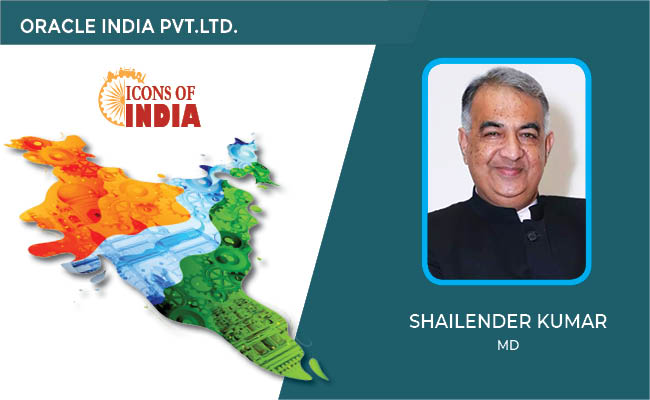Chinese handset makers need to follow the law of the land, asked to broad-base supply chains
By MYBRANDBOOK

The Government of India has asked Chinese device makers like Oppo, Vivo and Xiaomi to broad-base their distributor network. Presently it is fully owned by their own entities.
“The government’s stance is very clear — if they (Chinese handset makers) want to continue in India, they must effectively follow the law of the land and should have open transparent supply chains,” Minister of State (MoS) for Electronics and Information Technology Rajeev Chandrasekhar told a news source.
“We realised that some of the Chinese brands were using unfair practices to crowd out the Indian handset manufacturers. They were using non-transparent, close supply chains. They were not paying taxes. I have met all the Chinese companies and told them clearly that if you want to continue in India, you must effectively follow the law of the land. You should have open transparent supply chains, pay taxes and follow the law of the land,” the minister said.
“We want to be a trusted player in the global value chain for electronics which means we need to be open and transparent in terms of how we are building the ecosystem. So, for India to be a transparent player in the electronic global value chain, our players also need to function transparently,” he added.
According to government sources, the Chinese handset manufacturers operate in India in a manner where their distributor network is fully owned by their own entities. The distributors hold stake at the handset firms. As a result, these firms are able to undercut the Indian manufacturers as distributors work on zero margins and are able to earn as shareholders with growing market share.
60% of India's handset market is dominated by Chinese device makers. Xiaomi is the largest with a 21% market share, followed by Vivo and Realme at 14% each, and Oppo at 10%, according to CounterPoint Research.
Ever since Indo-China border tensions rising in mid-2020, the government has been taking a tough stance against Chinese investments. It banned more than 300 Chinese apps the same year and barred vendors from countries sharing land border with India from bidding for any public projects without its prior approval.


Legal Battle Over IT Act Intensifies Amid Musk’s India Plans
The outcome of the legal dispute between X Corp and the Indian government c...

Wipro inks 10-year deal with Phoenix Group's ReAssure UK worth
The agreement, executed through Wipro and its 100% subsidiary,...

Centre announces that DPDP Rules nearing Finalisation by April
The government seeks to refine the rules for robust data protection, ensuri...

Home Ministry cracks down on PoS agents in digital arrest scam
Digital arrest scams are a growing cybercrime where victims are coerced or ...


Icons Of India : Arjun Malhotra
Arjun Malhotra, the Chairman of Magic Software Inc., is widely recogni...

ICONS OF INDIA : SUNIL VACHANI
Sunil Vachani is the Chairman of Dixon Technologies (India) Ltd. Under...

ICONS OF INDIA : SHAILENDER KUMAR
Shailender Kumar is senior vice president and regional managing direct...


IREDA - Indian Renewable Energy Development Agency Limited
IREDA is a specialized financial institution in India that facilitates...

C-DAC - Centre for Development of Advanced Computing
C-DAC is uniquely positioned in the field of advanced computing...

NPCI - National Payments Corporation of India
NPCI is an umbrella organization for operating retail payments and set...


Indian Tech Talent Excelling The Tech World - Soni Jiandani, Co-Founder- Pensando Systems
Soni Jiandani, Co-Founder of Pensando Systems, is a tech visionary ren...

Indian Tech Talent Excelling The Tech World - Aneel Bhusri, CEO, Workday
Aneel Bhusri, Co-Founder and Executive Chair at Workday, has been a le...

Indian Tech Talent Excelling The Tech World - Vinod Dham, Founder & Executive Managing Partner, IndoUS Venture Partners
Vinod Dham, known as the “Father of the Pentium Chip,” has left an...
 of images belongs to the respective copyright holders
of images belongs to the respective copyright holders